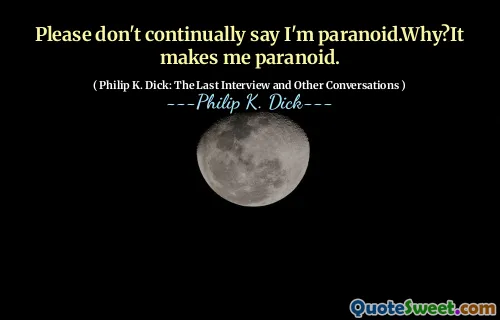
I wanted to pretend for just a little longer that I was whole again. Happy. Then I'd figure out how to pick up the pieces and move on.
This quote encapsulates a profound moment of vulnerability and resilience. The speaker yearns to hold onto a fleeting illusion of completeness and happiness, even if it's only temporary. There's a universal human tendency to cling to a sense of wholeness, especially after hardships or trauma, as a means of avoiding pain or confronting the reality of loss. By wishing to pretend a little longer, the speaker acknowledges the pain of facing their brokenness but also hints at an inner strength to eventually confront it. Recognizing the need to 'pick up the pieces' signifies acceptance that life may never fully return to its previous state, but that movement and growth are still possible. It speaks to the hope that, despite the fragmentation, there's a path toward rebuilding and healing. This delicate dance between denial and acceptance mirrors the emotional process many experience after upheaval—grappling with the desire to stay in a comfort zone of familiarity and happiness while knowing that facing truth and rebuilding is necessary for genuine recovery. The quote reminds us that healing isn’t an immediate process; it involves moments of denial, reflection, and eventual acceptance. It’s about having the courage to set aside the illusions for genuine growth and to find strength in the resilience that allows us to pick up the broken pieces of ourselves and forge ahead, emerging stronger than before.

